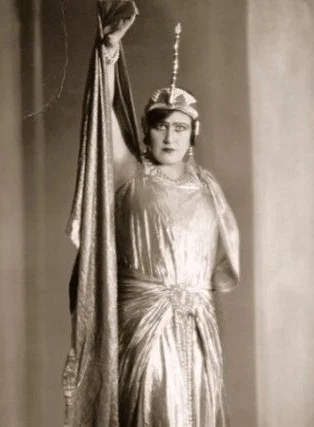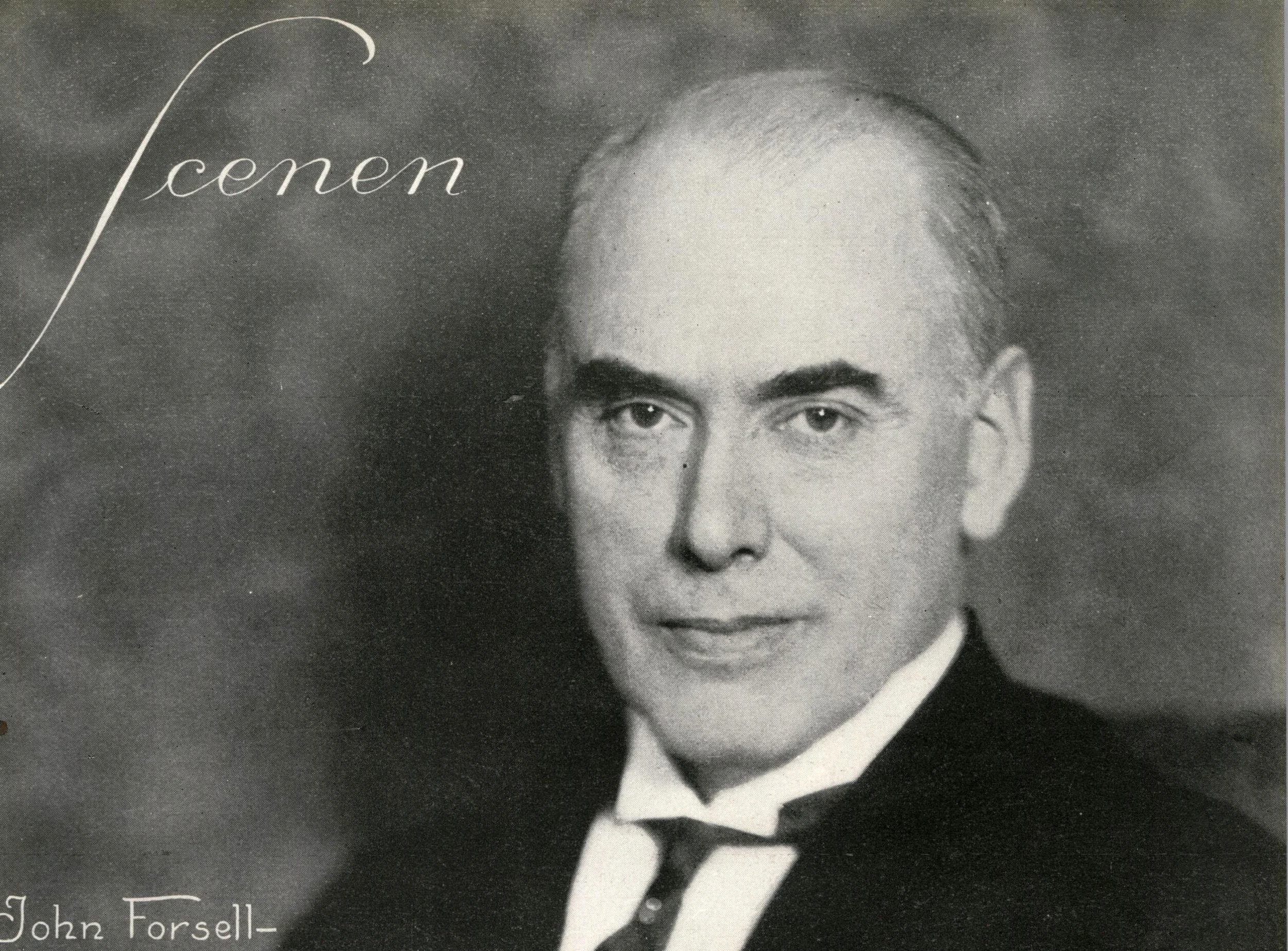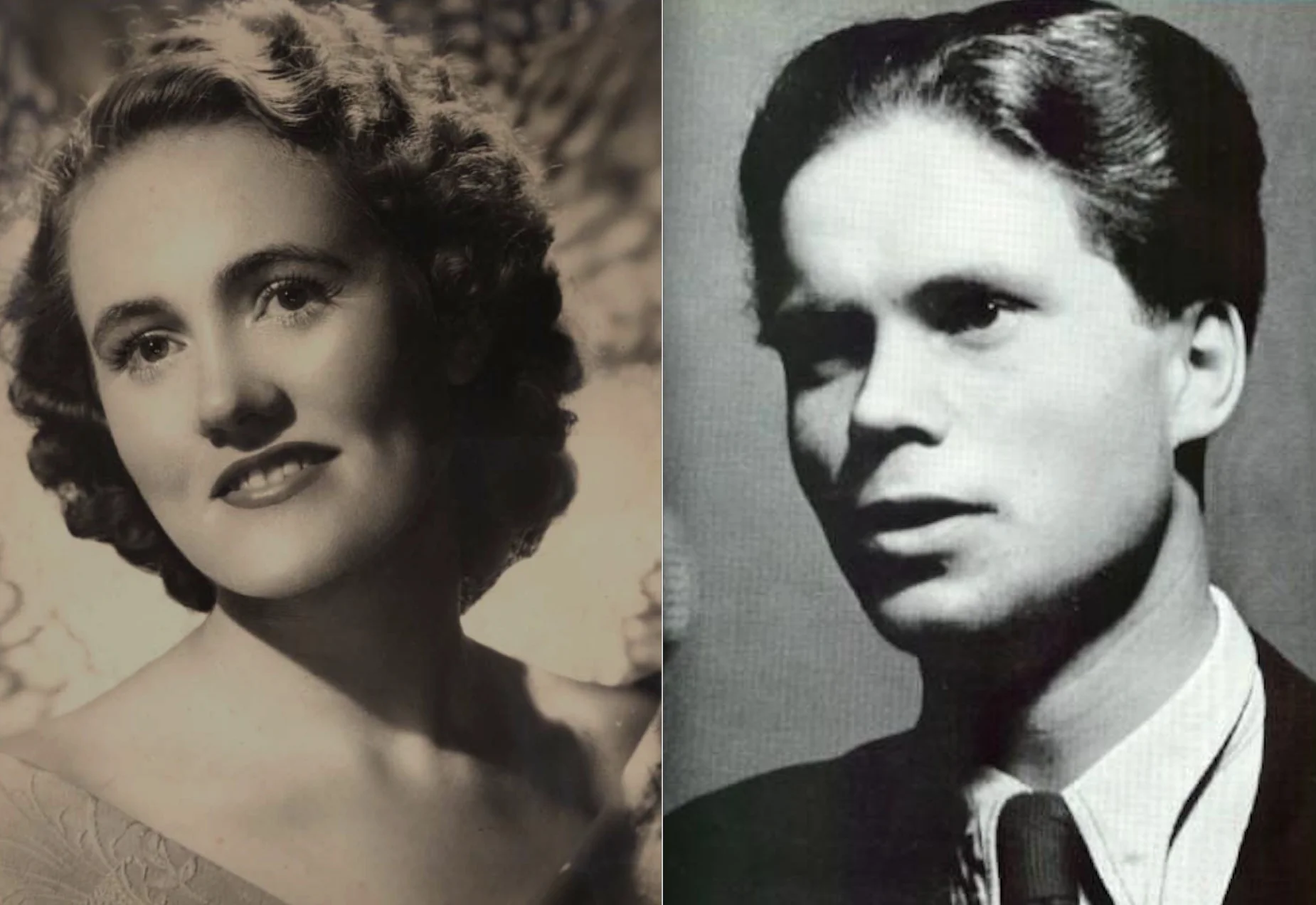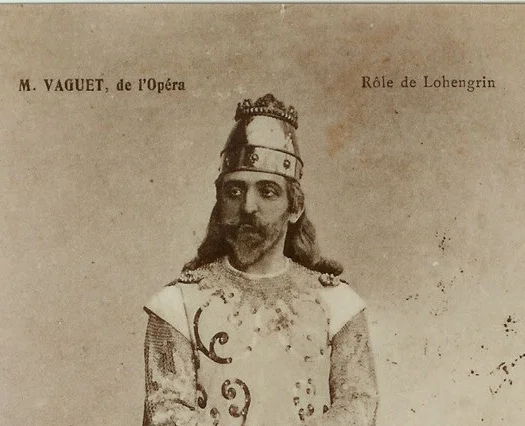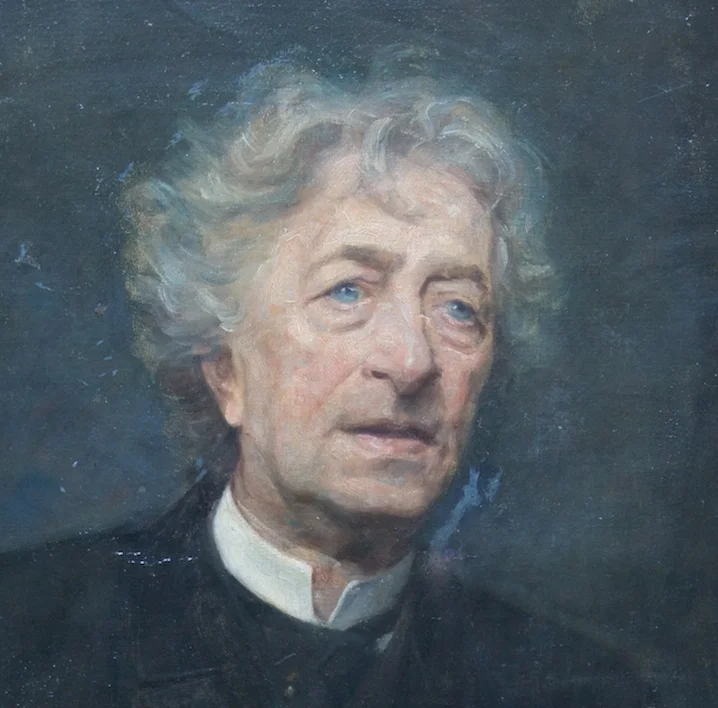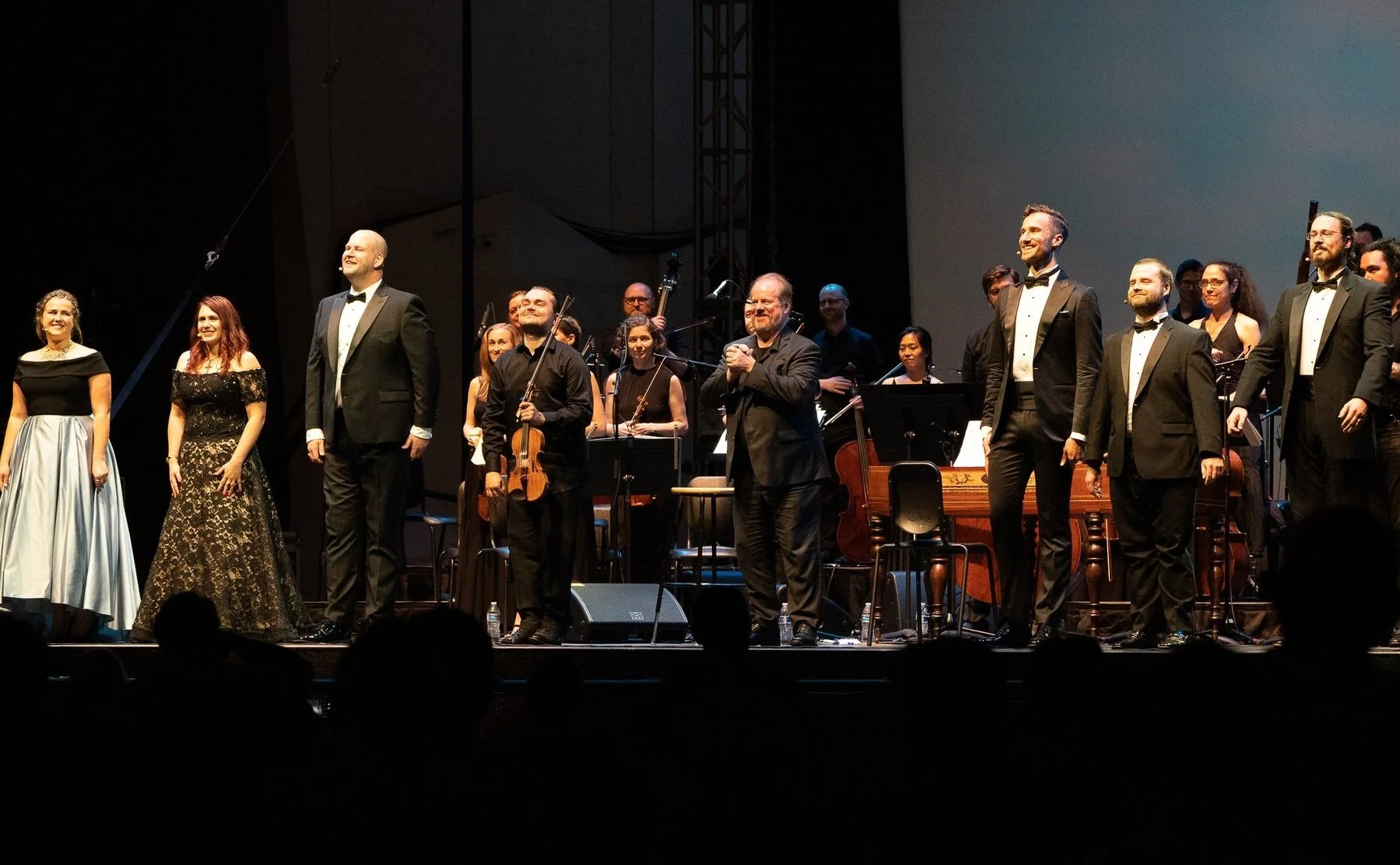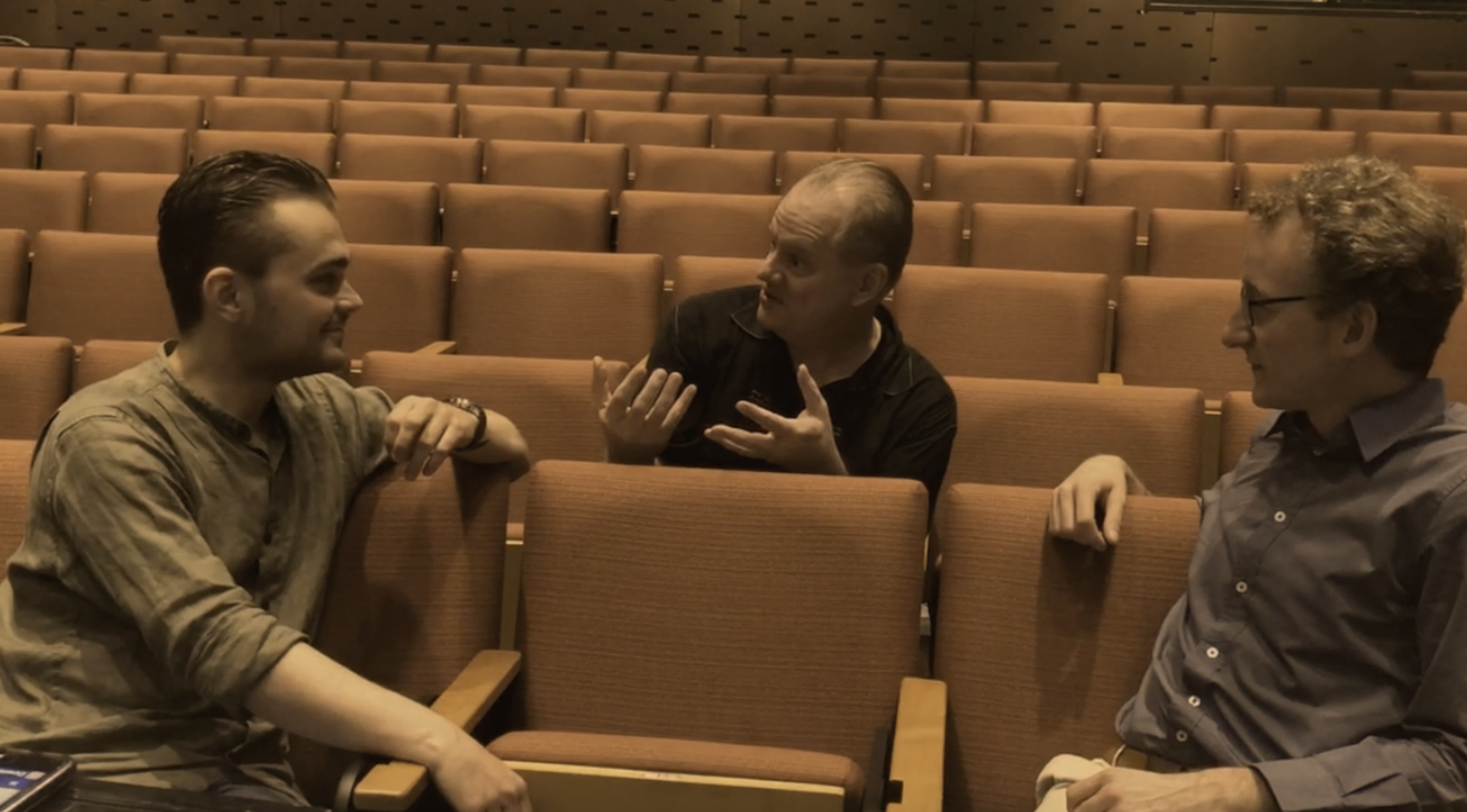Truth Meets Fiction
I don’t really recommend reading George Du Maurier’s Trilby - the writing is florid and self-indulgent; the passages about music are sufficiently well-informed to convince an untrained reader but not to avoid irritating a trained one; and there’s a queasy-making element of anti-Semitic caricature. But the novel made quite a splash in 1894, and it did at least contribute one unforgettable character to popular culture. Svengali (no first name provided) is a scoundrelly bohemian musician and hypnotist who turns a tone-deaf laundress into a virtuosic prima donna (but only while she is under his spell). Her tour de force is a superhuman vocal transcription of Chopin’s A-flat Impromptu, op. 29 - “that astounding piece of music that so few pianists can even play; but no pianist has played it like this; no piano has ever given out such notes as these!”
Svengali hypnotizes Trilby - illustration by Du Maurier
People who have no idea of Du Maurier or singing know what “a Svengali” means: an athlete’s trainer, a politician’s adviser, an actor’s mentor, who is seen as providing the brains for someone else’s talent. And often, as in the novel, seen as exercising a baleful or domineering influence over the protégé. Trilby had its own influence while its vogue lasted: there’s a Trilby hat (popularized via a stage adaptation of the book); there’s a certain Phantom of the Opera written 16 years later partly in imitation; and there’s J.H. Duval’s The Secrets of Svengali (1922), a peculiar but worthwhile compendium of good vocal advice, opera gossip, critical put-downs, and pre-scientific nonsense about physical aspects of singing, cast in the form of counsel from an imaginary Svengali to a new Trilby. There’s also Trilby, FL 33593, so named one year after the novel’s appearance, population 419 as of the last census.
And then there’s this week’s record. What would it take to make a vocal arrangement of the Impromptu? Sigrid Onegin (1889-1943, a world-renowned Wagnerian and Verdian) decided to give it a shot. In case you don’t know this already, Op. 29 is actually not one of the hardest Chopin pieces to play, and by slowing and abridging it somewhat, dividing the melodic material between voice (for the parts within human range) and piano (the higher bits), Onegin and her pianist Franz Dorfmüller figured out a perfectly singable version. They don’t seem to have published the arrangement, and I suspect there was never a real score - likelier it was just a marked-up copy of the piano piece. Probably Onegin herself supplied the handful of Italian words - I guess that because they seem to be plucked (with no great attention to grammar) from two lines she sang in one of her favorite roles, Amneris.
Onegin as Amneris
Part of the description could come straight from Du Maurier’s three-page account of the Trilby version: “Then comes the slow movement, the sudden adagio with its capricious ornaments [...] the mellow, powerful, deep chest notes are like the pealing of great golden bells, with a light little pearl shower tinkling round - drops from the upper fringe of her grand voice as she shakes it [...] there is not a sign of effort, of difficulty overcome... ”
The difficulties in the recorded arrangement are considerable but not superhuman. What is perhaps close to superhuman is the sheer ease and beauty of the tone, limpid from low G to high B. And what’s best of all to me is the creativity of the phrasing. Was anybody better at stretching the tempo without losing a sense of motion? Or at returning to the original pace without pressing or scrambling? It’s not a pianistic rubato at all; a lot of notes that go by quickly under the fingers need more time when the voice must travel the distance to each one. The human vocal muscle is analogous not to a keyboard but to a stringed instrument with just one string played with one finger. So the rhythmic scheme here is all Onegin’s, and it’s a minor miracle that she makes it sound as though the piece were written precisely for her voice. It would make a great étude for any rangy and agile mezzo who cares to transcribe the transcription. Onegin’s records meanwhile (this and her fortunately many others) set an example for any singer who wants to contemplate what it sounds like to be fully in control of one’s instrument.
Performing Chopin's Impromptu - Illustration by Du Maurier
Teatro Nuovo puts great emphasis on learning from the singers who had never heard, or heard of, microphone singing - primitive recordings from more than a century ago, forming a link to the traditions of opera’s heyday and the infinite potential of the natural, unassisted human voice. Check this space regularly for samples, and click here for some pointers on how to listen.




































![Image 2 - Henry T. [Harry] Burleigh - Detroit Public Library.jpeg](https://images.squarespace-cdn.com/content/v1/596bb4e703596e837b624445/1591713684327-N7HW488JSZ7EN8T5AJSR/Image+2+-+Henry+T.+%5BHarry%5D+Burleigh+-+Detroit+Public+Library.jpeg)







